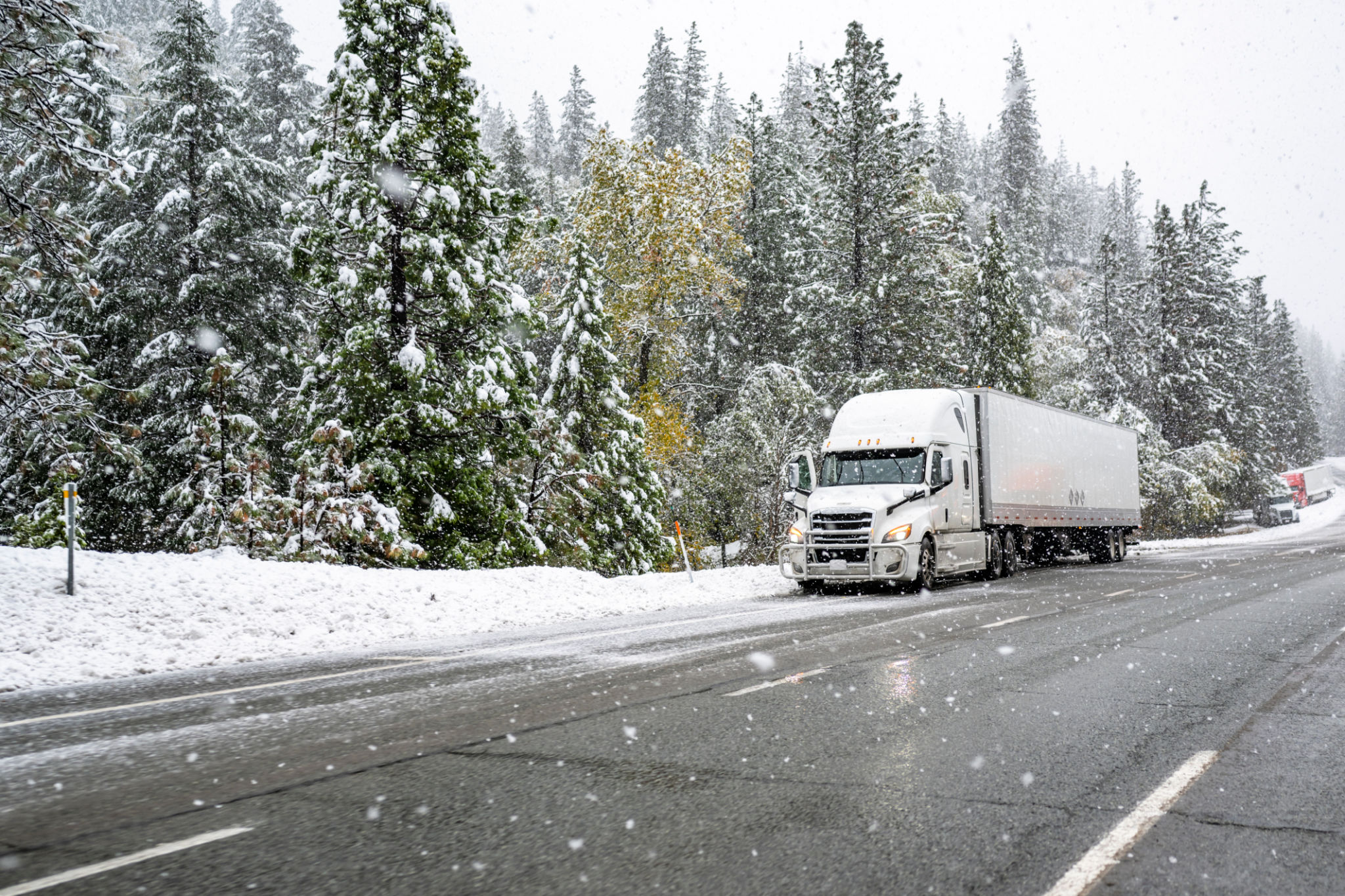Seasonal Shipping Tips: Preparing Your Freight for Winter in Pennsylvania
Understanding the Challenges of Winter Shipping
Winter in Pennsylvania can be particularly unpredictable, bringing challenges to the shipping industry. From icy roads to snowstorms, the cold season requires special preparation to ensure freight arrives safely and on time. Understanding these challenges is the first step in effectively preparing your freight for winter.

Weather-Proof Your Freight
One of the most significant considerations for winter shipping is protecting your freight from harsh weather conditions. Using weather-resistant packaging materials such as waterproof wraps and insulated containers can help safeguard your goods from moisture and freezing temperatures. Additionally, consider investing in thermal blankets for temperature-sensitive items.
Plan for Delays
Winter weather can lead to unexpected delays due to road closures or hazardous driving conditions. To combat this, plan your shipments with extra time in mind. Communicate potential delays with your clients and partners, and have contingency plans ready to minimize disruptions. Flexibility is key during this season.

Optimizing Your Shipping Routes
Route optimization plays a crucial role in winter shipping. By analyzing weather forecasts and traffic patterns, you can select routes that are less likely to be affected by adverse weather. Collaborate with your logistics provider to ensure they have updated information on road conditions and any potential hazards.

Maintain Your Fleet
A well-maintained fleet is essential for safe winter shipping. Ensure that all vehicles are winterized, which includes checking tire treads, battery health, and anti-freeze levels. Regular inspections and maintenance can prevent breakdowns and keep your shipments moving smoothly despite the cold.
Train Your Drivers
Your drivers are on the front lines of winter shipping. Providing them with training on safe driving practices in winter conditions is crucial. Topics should include handling icy roads, managing visibility issues, and knowing when to stop if conditions become too dangerous.
Enhancing Communication and Tracking
Effective communication is vital during the winter months. Utilize technology to enhance communication with drivers, customers, and partners. Real-time tracking systems can provide valuable updates on shipment status, allowing you to make informed decisions quickly.

Insurance and Risk Management
Finally, review your insurance policies and risk management strategies. Ensure that your coverage is adequate for the increased risks associated with winter shipping. This can provide peace of mind and financial protection in case of unforeseen events such as accidents or weather-related damage.
In conclusion, preparing your freight for winter in Pennsylvania involves a combination of strategic planning, effective communication, and ensuring your logistics are equipped to handle colder climates. By taking these steps, you can minimize disruptions and maintain smooth operations throughout the season.